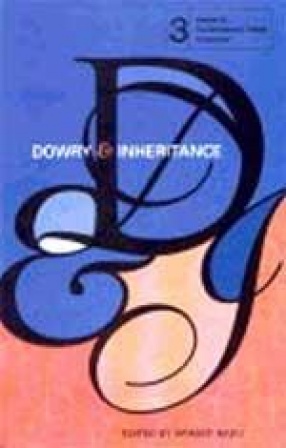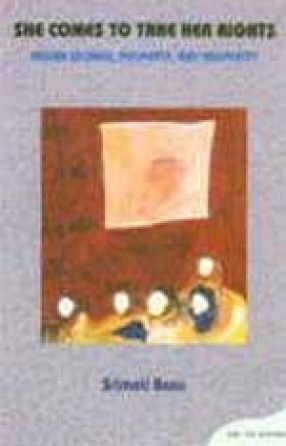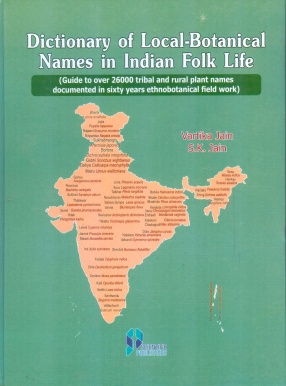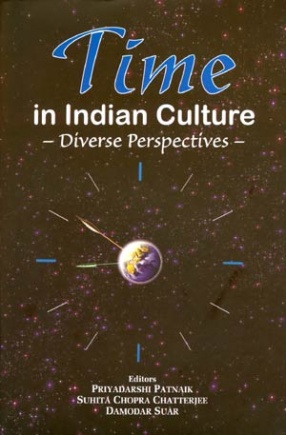Perhaps nothing in modern India epitomizes the gulf between the ideal and the real than the practice of dowry. Stridhan or dakshina were gifts traditionally given at the time of marriage; gifts to ensure the well-being of the bride in her new home. In actual practice, however, dowry has caused brides to be tortured and killed. The essays in this book examine the sociological, legal, cultural and economic implications of dowry. The connection between dowry or bride wealth norms and the status of women, inheritance and its impact on women’s empowerment are discussed from the multiple perspectives adopted by different feminist scholars. Feminist interventions have dealt with slippery definitions, concepts in legal formulations and theoretical questions regarding the volition and agency of women in a patriarchal structure. The essays examine the activist position vis-a-vis dowry and inheritance: should dowry be boycotted in toto, or only its excesses? Is dowry a form of inheritance? Legal intervention is often seen as the most concrete means to address issues of equity, but the dowry prohibition act of 1984 leaves room for manoeuvre: dowry as a ‘condition of marriage’ is punishable, but ‘voluntary gifts’ are excluded from the ambit of the law. More recently, legislative intervention has sought to grant equal inheritance rights to women. Will these developments make for greater gender equity? This book brings together intellectually stimulating analysis and radical activism, in a cogent and comprehensive assessment of an issue and a practice that has preoccupied Indian feminists for the last three decades.
She Comes to Take Her Rights : Indian Women, Property, and Propriety
Using the contemporary ...
$17.10
$18.00






There are no reviews yet.